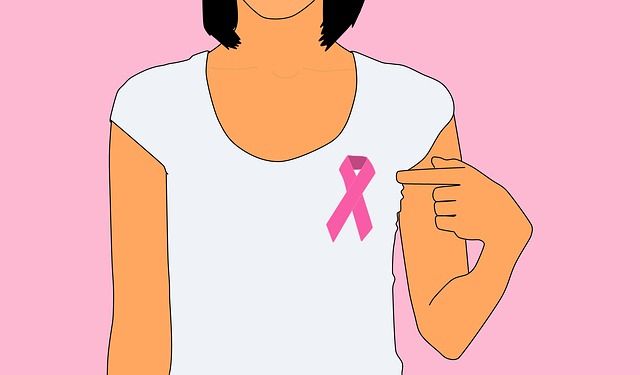In what may be the next step in halting breast cancer's march long before it begins, a new study has presented an advanced type of artificial intelligence (AI) whose performance is superior to existing ones.
Almost all existing breast cancer programs rely on mammography at periodic intervals such as annually or every two years. However, a common approach is not viable when applied on an individual level and could affect the efficacy of screening programs.
Karin Dembrower, MD, breast radiologist and PhD candidate from the Karolinska Institute in Stockholm, Sweden, said in a statement, "Risk prediction is an important building block of an individually adapted screening policy." She also added that risk prediction may help in improving confidence and attendance in screening programs.
AI-based risk model
The AI-based risk model depends on a deep neural network—an AI that has the ability to collect massive quantities of data from images of mammography. This model scores over visual analyses by radiologists of mammographic density may fail to discern all the risk indicators the image may contain.

Dembrower claimed that the AI model was better overall than the density models. She added, "And it did not have the same bias as the density-based model. Its predictive accuracy was not negatively affected by more aggressive cancer subtypes."
Using mammograms from cases diagnosed between 2008 and 2012, the AI model was trained. Next, it studied 2,283 women between the ages of 40 t0 74, who had received mammography in the Karolinska University Hospital system. 274 of the total women studied were diagnosed with breast cancer later.
The AI bested the existing mammographic density models and exhibited a higher risk association for breast cancer. The deep neural network also showed a lower false-negative rate—the rate at which women that were not categorized as high-risk, developed breast cancer later.
The role of AI in future breast cancer risk assessment
The study suggests that the AI-based approach can be increasingly improved with the incorporation of high-quality data sets. Dembrower said that deep learning experts at the Royal Institute of Technology in Stockholm are working on updating the model. "After that, we aim to test the model clinically next year by offering MRI to the women who stand to benefit the most," she added.









